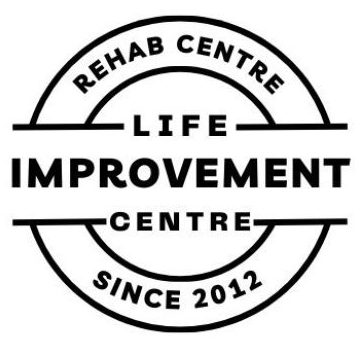Our rehabilitation centers play a crucial role in addressing mental health issues as part of the recovery process. Here are some key topics we focus on:
- Coping Skills: Patients learn various techniques to manage stress, anxiety, and triggers that could lead to relapse. This includes mindfulness practices, cognitive-behavioral strategies, and relaxation techniques. These skills are essential for maintaining mental stability and preventing setbacks.
- Social Skills: Effective communication and relationship-building are vital for reintegration into society. Our rehabilitation centers often provide training in these areas, helping individuals to rebuild their social networks, improve their interpersonal interactions, and develop healthy relationships.
- Self-Worth and Confidence: Building a positive self-image and boosting confidence are critical components of recovery. Therapy sessions often focus on self-esteem, helping patients to recognize their value and capabilities, which can significantly enhance their motivation and commitment to recovery.
- Mental Health Education: Understanding mental health conditions is a key part of managing them. Our rehabilitation centers provide education on various mental health issues, helping patients to recognize symptoms, understand their conditions, and learn how to manage them effectively. This knowledge empowers patients to take control of their mental health.
- Healthy Lifestyle Choices: Nutrition, exercise, and overall wellness are emphasized as part of a holistic approach to recovery. Patients are encouraged to adopt healthy eating habits, engage in regular physical activity, and practice self-care routines. These lifestyle changes can have a profound impact on mental health and overall well-being.
By addressing these mental health topics, our rehabilitation centers aim to provide a comprehensive support system that not only helps individuals overcome substance use disorders but also equips them with the tools needed for long-term mental health and well-being. This holistic approach ensures that patients are better prepared to face life’s challenges and maintain their recovery journey.
